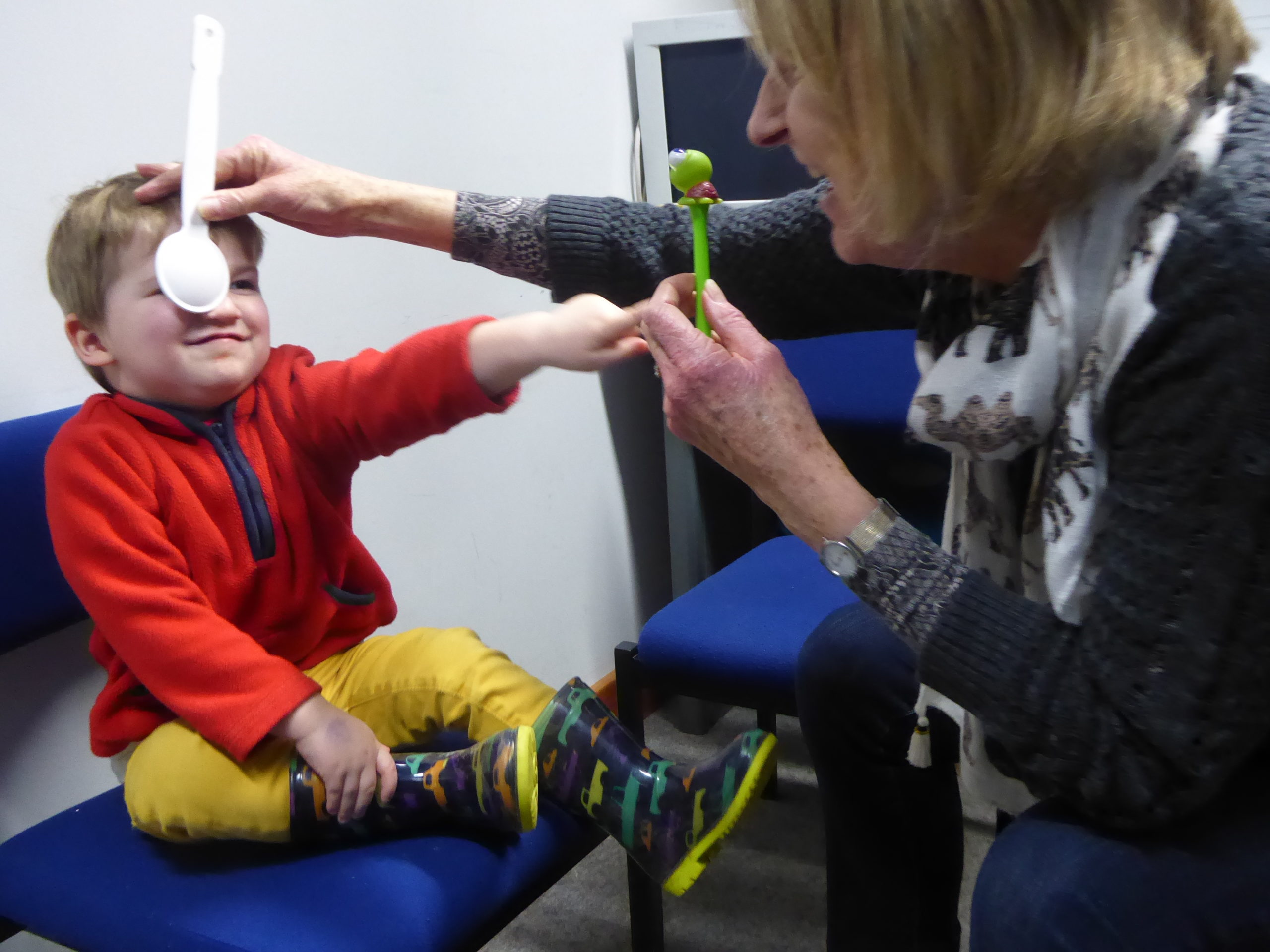Professor Anna Horwood asks questions about children’s eyesight in ways few others do. How do we develop focus? Should we worry if a tiny baby goes cross-eyed? Do children with squints focus differently? What about long-sighted children? The research she and the team pioneered at Reading Vision Lab has changed how children’s vision is treated and, in some cases, how it is not treated – for example when a child’s apparent eye problem may get better spontaneously, or just need an explanation rather than treatment.
Professor Horwood’s research is globally recognised. She sits on 15 national and international panels, committees and advisory groups, has given keynote lectures and won major international prizes. Her heart lies, however, with getting her message to the grassroots. The research has shown that some professional beliefs should be challenged, modified, or interpreted differently to improve children’s eye care and to target precious NHS resources more effectively. Professor Horwood’s courses for practising orthoptists (eye movement experts) working in the NHS, are bearing fruit. So far she has engaged with about 20% of this specialist workforce, who, as a result, are making practical changes to the way they work. She now plans to spread the word to high street optometrists and even primary school teachers in her quest to bring the best eye care to children everywhere.
Partners: British and Irish Orthoptic Society, University of Sheffield, Moorfield Eye Hospital
Judges’ comments: “It’s impressive to see how this ongoing work with the professional community is changing clinical practice to benefit both patients and the profession.”
Shortlisted for the University Research Engagement and Impact Awards 2018
First published: June 2018

